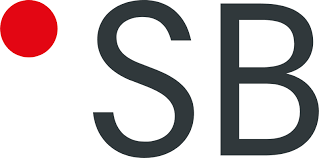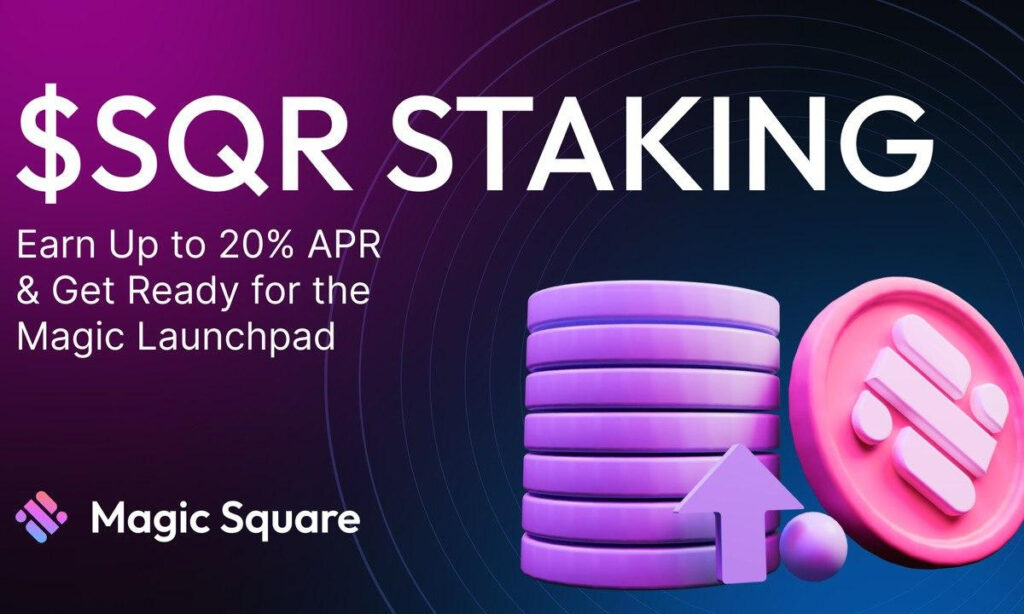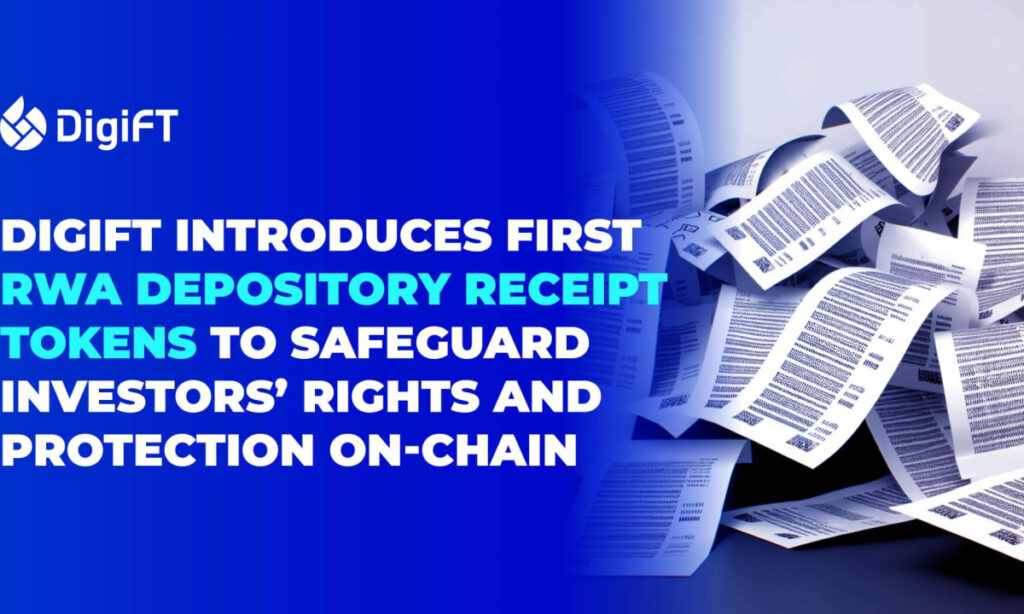The Swiss Bankers Association has published a white paper that outlines how Swiss banks can contribute to the development of the country’s digital economy. The group has suggested a Swiss franc “joint” deposit token as a solution.
According to the paper, stablecoins have limited penetration in the Swiss financial system despite end-to-end digitization becoming more common in business models. Additionally, there are no Swiss stablecoins that are accessible by the general public.
The white paper suggests a deposit token that is “issued by regulated and adequately supervised intermediaries” and redeemed by smart contracts denominated in Swiss francs. The token could be designed as a ledger-based security to provide it with the greatest potential.
The paper identifies three design options for a deposit token: standardized tokens, colored tokens, and joint tokens. The authors prefer joint tokens, which would be issued by a licensed and supervised special purpose vehicle consisting of participating banks.
A joint deposit token would facilitate money creation, have low fees, and could earn interest when held in bank accounts.
The authors state that the deposit token would operate on a public blockchain with additional protocols to ensure sufficient privacy and transaction efficiency.
The token would ideally be a layer-2 solution usable in decentralized finance (DeFi) applications and capable of self-custody or bank custody.
Deposit tokens are a newcomer to the digital currency space. They originated in Project Guardian, an initiative launched by the Monetary Authority of Singapore with several financial institutions in May 2022 that sought to explore DeFi applications in wholesale funding markets.



